Minister Gurung pledges cooperation to amend WJA, working journalists demand fair pay
Kathmandu: Minister for Communications and Information Technology, Prithvi Subba Gurung, has said the Ministry welcomes the proposal to amend the Working Journalists Act (WJA), making it compatible with the changing times.
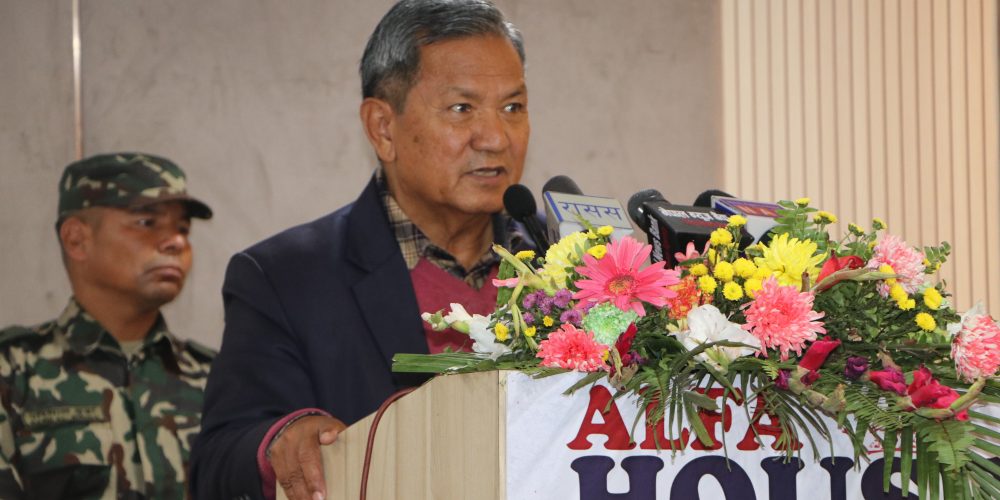
Speaking at a multi-stakeholder interaction regarding the implementation of the Act and its amendment organised by the Minimum Wages Fixation Committee here today, Communication Minister Gurung, who also serves as the Spokesperson for the government, stressed the need to find out why the management side (employers, media house owners) are not convinced to implement the Act.
He promised all sorts of support and cooperation from the government to deal with the challenges that the Committee is facing in addressing the issues of working journalists. Minister Gurung said the government welcomed the Committee’s initiatives to amend the Act.
‘The government is even ready to rewrite the Act dating back to 30 years,” he said. He also urged the Committee to come up with a proposal mentioning what sorts of government facilitations are needed to implement the existing Act effectively during the time until the Act is amended.
Talking about the ‘Bill to regulate social media platforms, the Minister said the document was warranted to make the operations of social media platforms decent. ‘It takes time to conclude the Bill that the government has introduced in the House, it will undergo rounds of parliamentary discussions and we are open to discussing it intensively there. Let’s discuss provisions that need to be revised and cooperate to further enrich the Bill,’ he urged the stakeholders concerned.
The government spokesperson argued that any attempts to threaten and weaken national independence, sovereignty, social order and harmony, religious integrity and tolerance through social sites platforms should not be endorsed and should be prevented.
The Minister expressed the government’s commitment to the Press freedom and the freedom of expression and opinion. He assured that the Bill won’t be taken ahead in a way that it weakens the principle and practices of the free Press and the freedom of expression. Secretary at the Ministry of Communication and Information Technology, Radhika Aryal spoke of the need for cooperation, sensitivity and accountability on the part of working journalists, the Press Registrar, the Ministry, the media houses and the Committee to implement the Act effectively.
She also expressed full support from the Ministry to proceed ahead with the amending of the Act, advising the Committee for an overall review of the Act, instead of focusing on some significant provisions. The Secretary urged the Committee to come up with a proposal regarding the needs it required in terms of sources, budget and workforce so that the Ministry could consider it during the budget formulation procedure.
Before this, giving her presentation, Minimum Wages Fixation Committee Chair Sangita Khadka highlighted the need to amend the Act, ensuring more resources, workforce and rights to the Committee. Her concern was that though fair pay to labour is a persistent major issue in Nepali journalism, it is yet to be owned and internalized by all stakeholders concerned, making the solution unachievable so far.
Senior journalist Babita Basnet, Chair of Federation of Nepali Journalists, Nirmala Sharma, Press Council Chair Balkrishna Basnet, Chair of Public Service Broadcasting Nepal, Dr Mahendra Bista, Chief Information Commissioner Dr Suresh Acharya and Working Women Journalists (WWJ) Chair Ramkala Khadka among others expressed solidarity to the MWFC initiatives to amend the Act with additional resources and rights to the Committee.
Working journalists during the interactions said journalists are unpaid for several months, underpaid, are laid off and despite numerous discussions on their issues for years, have seen no significant change in their lives. During the first session of the discussions, Deputy Director of the Social Security Fund, Rohit Regmi suggested that working journalists have room to get involved in the Fund for their ‘secured’ future.
Sharing about multiple benefits of getting involved in the Fund, he said the right to social security has been guaranteed in Article 22 of the Universal Declaration of Human Rights (UDHR 1948) and it is an inviolable right. In response to his presentation, working journalists expressed their willingness to be part of the Fund, urging the authorities concerned to work to create an atmosphere towards that end.
RSS



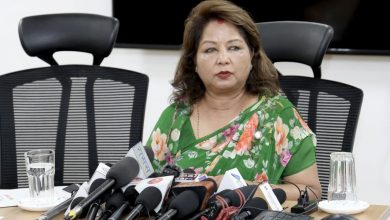

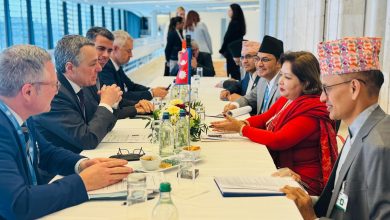
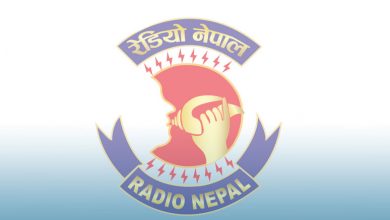
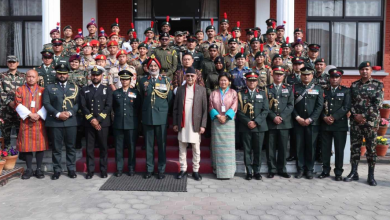
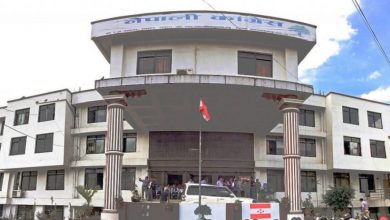
Comments